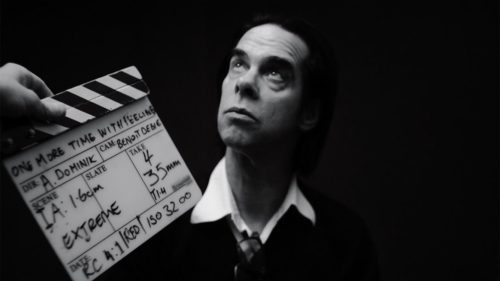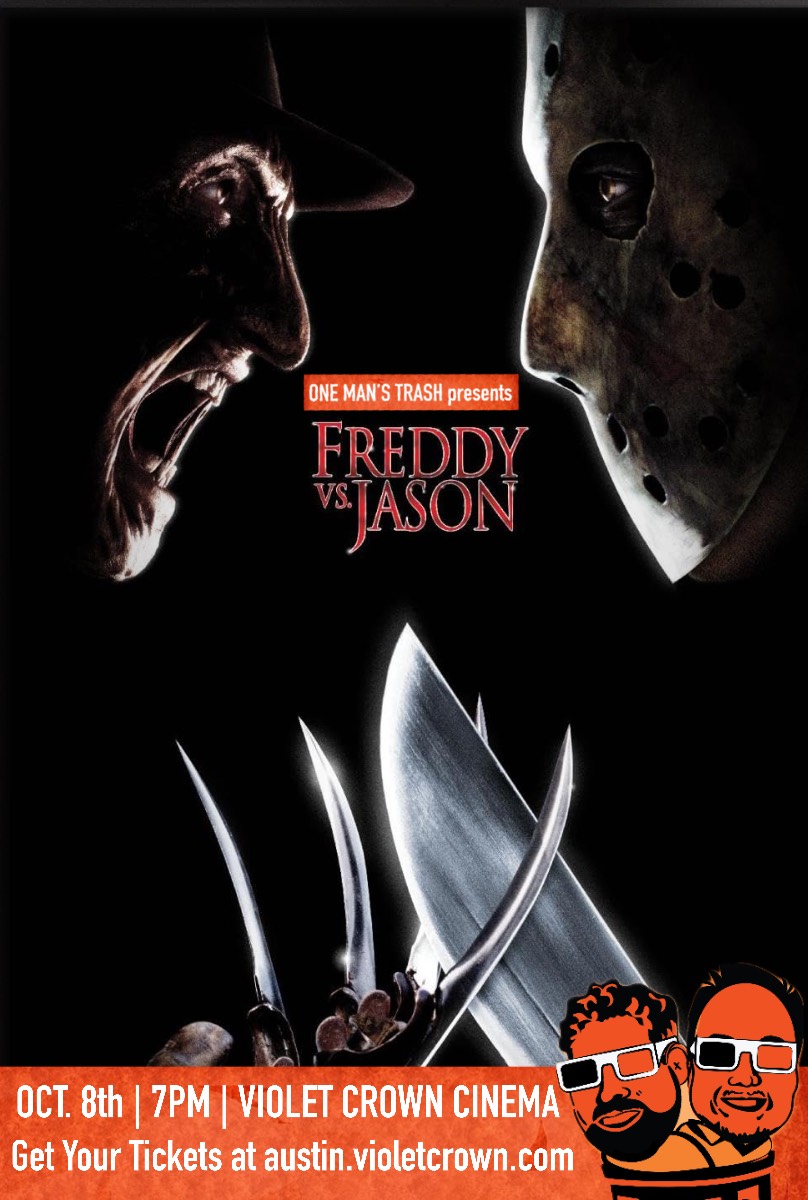How do you go on living when the worst has already happened? This is the question permeating the corners of every frame in the new Nick Cave documentary, One More Time With Feeling. Directed by Andrew Dominik (The Assassination of Jesse James by the Coward Robert Ford), the film is steeped in grief for Nick Cave’s late son, Arthur. Even though the movie covers the recording and evolution of the new Nick Cave and the Bad Seeds album, Skeleton Tree, it is much more an exploration of loss than the making of an album. Starkly gorgeous and deeply moving, One More Time With Feeling is one of the most powerful music documentaries ever made.
Although Nick Cave’s music is a crucial element of the film, non fans need not worry about getting lost in the proceedings. From the moment it begins, One More Time With Feeling is much more zeroed in on the people in this band and how they intersect. Bandmate Warren Ellis gets some good screen time. as well as, surprisingly, Cave’s wife Suzie and his son Earl. This film gets much more personal than the previous documentary, 20,000 Days on Earth, although it never explicitly capitalizes on the unspoken tragedy. Dominik keeps his distance, never prying too hard but also allowing the camera to exist with these people experiencing unfathomable grief.
The visuals accompanying the music are expectedly beautiful. The new album, Skeleton Tree, is gorgeous and atmospheric, lending itself to cinematic interpretation. There is some odd CGI augmentation in spots, but the music is hypnotic enough to hold your attention all the way through.
Formally, the film follows the creative energy from the album, which is by Nick Cave’s own admission improvisational and raw. Dominik chooses to show the seams in the process by including things like random shots of crew members, seemingly random b-roll and even camera errors. These touches help keep the documentary light on its feet and even quite funny at times. Given the darkness of the subject matter, it would have likely been a bit of a slog if the proceedings were wholly self-serious. This is not to say, however, that the movie is not beautiful. The cinematography is stunning at times and incorporates surrealistic touches even in moments of brutal humanity.
Overall, this project might be the culmination of Nick Cave’s past few years of work. He succeeds in opening up his personal life without ever presenting his trauma as gaudy spectacle and the music feels more personal than ever. We can only hope this album is not the end, because there’s a definite feeling of finality to its creation. It would be a shame to lose Nick Cave now, at arguably the creative height of his career. However, if this is the end, it’s not a bad note to go out on.









